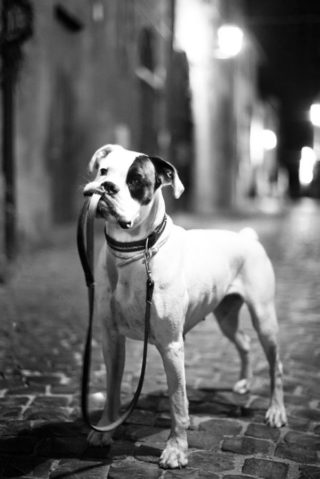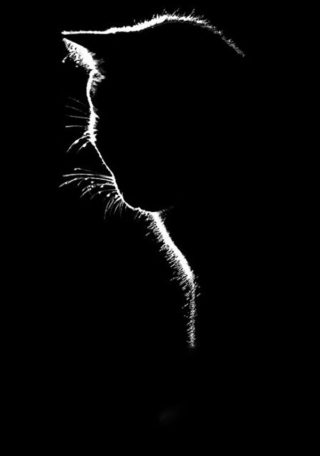YOUR ANIMAL HOSPITALIZED IN OUR CLINIC

It can occur that we have to hospitalize your pet in our clinic. This might be for a treatment or surgical operation, for further research, but also for intensive care. The latter can even mean hospitalization for multiple days.
After making an appointment you will receive a letter with details about the operation, and questions concerning possible sedation or anaesthesia. It is wise to thoroughly read this letter and we request that you bring the signed letter on the day of hospitalization.
If your pet stays at our clinic for one whole day, we normally request that you drop off your pet at 08:45. For intakes at noon, we usually request 11:30. Animals that will receive a sedative or anaesthesia will have to arrive sober. This means that at least twelve hours before intake your pet is not allowed to eat solid foods. However it is allowed to drink water. We do prefer that you walk your dog before intake. At the intake our assistant will run through a questionnaire and possibly carry out the first preparations. This can be an injection with one or multiple painkillers and in some cases we use antibiotics. The latter is quite rare.
During hospitalisation we try to keep you updated as much as possible regarding research results and potential peculiarities. We will also set a time on which you can call us. Therefore it is also important that we have your contact details and that you try to stay as available as you can. Generally, additional treatments will only be carried out with your permission. This can mean that, if we cannot reach you, the additional treatment will have to be postponed.
The treating veterinarian will give you a thorough explanation about the treatment. When you come pick up your pet the assistant will tell you everything you should know. Also, in most cases you will receive a report about the treatment. A day after treatments that involve sedation or anaesthesia we will call you for extra consultation.

Specifics regarding surgical or dental operations:
1. Because of anaesthesia, being sober before the operation is very important. Animals that have eaten are harder to sedate, disgorge more easily and often experience an uncomfortable sleep. Vomiting during the operation can result in suffocation and pneumonia.
2. We give much attention to proper sedation during operations. We give sedatives during the intake, using anaesthesia, often during the operation and also in the first days after the operation. We commonly use so-called ‘NSAID’ (non-steroidal anti-inflammatory drugs) in combination with morphine-like painkillers.
3. During anesthesia, body temperature can drop dangerously low. Hypothermia, also after the operation, is an important cause for prolonged recovery, bad wound healing and even death. To prevent this we give very much attention to maintaining the correct body temperature. Many animals already get warmed up before the operation, during the operation we use a so-called ‘Bear Hugger’. This is a tool that circulates hot air around the patient, thus preventing it from cooling off. We also continually measure the patient’s body temperature, as well as various other bodily functions, like the amount of carbon dioxide in it’s breath; oxygen levels in blood; ECD and blood pressure. After the operation your pet will be placed inside a recovery cage, where it will receive oxygen and warmth until it wakes up. During the first days after the operation your pet will be vulnerable to hibernation. Use plenty of warm blankets and keep your pet in a heated space. Some food the evening after the operation might also help. Many operations will cause physical discomfort, also after the procedure. For this you will receive pain medication. It is better to give these painkillers during or right after meals. Unfortunately many patients do not want to eat properly the first day. In this case please do give the medication. This way you prevent your vet from not eating due to pain.



